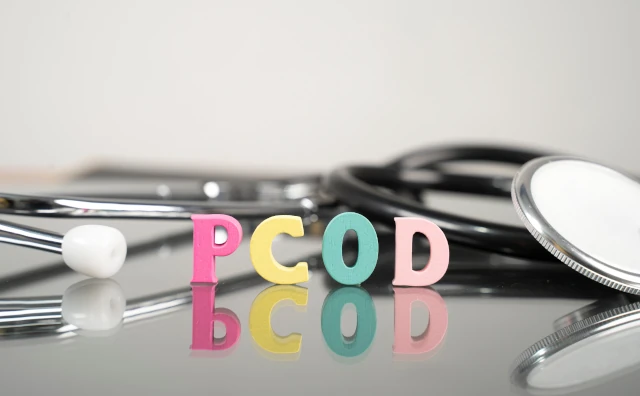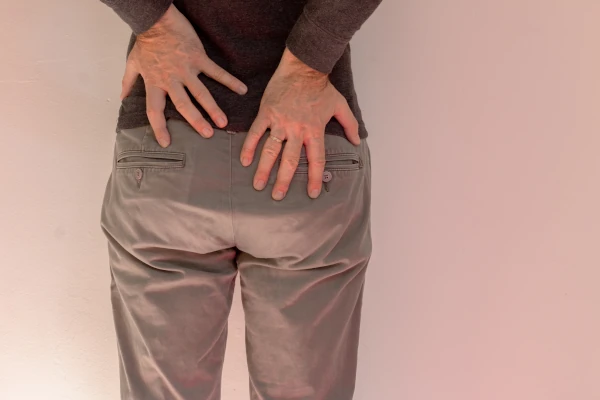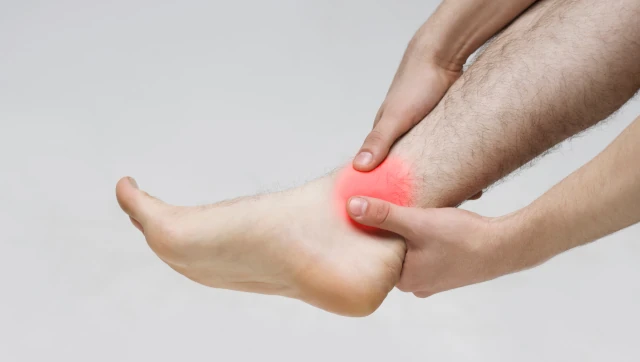
What Is PCOS/PCOD? Symptoms, Causes, Hormones, Hair Loss, Diet, GLP-1 & How to Reverse It Naturally
- Dr. Kirti (MPT)
Connect with our expert physiotherapist for personalized physiotherapy advice.
Polycystic Ovary Syndrome (PCOS) and Polycystic Ovarian Disease (PCOD) are common hormonal disorders affecting millions of women globally, particularly in their reproductive years. While often used interchangeably, PCOS is generally considered a more severe metabolic disorder, while PCOD involves ovarian cysts and milder hormonal fluctuations. This comprehensive guide explores the symptoms, causes, hormonal imbalances, hair loss issues, dietary strategies, the role of GLP-1 medications, and how lifestyle interventions like physiotherapy can support natural reversal.
What Is PCOS/PCOD?
PCOS/PCOD is a condition where the ovaries produce an abnormal amount of androgens (male hormones), which can interfere with egg development and release. This leads to irregular periods, fertility challenges, and various metabolic issues.
Common Symptoms of PCOS/PCOD
- Irregular or absent periods
- Weight gain or difficulty losing weight
- Acne or oily skin
- Excess facial or body hair (hirsutism)
- Thinning scalp hair or hair loss
- Fatigue or low energy
- Mood swings or anxiety
- Infertility or difficulty conceiving
What Causes PCOS/PCOD in Females?
- Insulin Resistance:
Elevated insulin levels can increase androgen production.
- Hormonal Imbalance:
Disruption in LH, FSH, and androgens affects ovulation.
- Genetic Factors:
Family history can increase risk.
- Inflammation:
Chronic low-grade inflammation contributes to hormonal dysregulation.
- Lifestyle Factors:
Sedentary lifestyle, poor diet, and stress are contributing factors.
Hormonal Imbalance & Hair Loss in PCOS
One of the most distressing symptoms for many women with PCOS is hair thinning or hair loss. This is largely due to increased androgen levels, particularly dihydrotestosterone (DHT), which miniaturizes hair follicles. Managing hormone levels through diet, exercise, and targeted treatment can help slow or reverse hair loss.
The Role of Diet in Managing PCOS/PCOD
- Low-Glycemic Foods:
Whole grains, legumes, non-starchy vegetables
- Anti-inflammatory Foods:
Berries, fatty fish, turmeric
- High Fiber:
Helps regulate insulin and blood sugar
- Lean Proteins:
Chicken, fish, plant-based proteins
- Avoiding Sugar and Refined Carbs:
These spike insulin and worsen symptoms
GLP-1 Medications for PCOS: A Modern Approach
GLP-1 receptor agonists (like semaglutide or liraglutide) are originally designed for type 2 diabetes but have shown promising results in PCOS management. They help by:
- Reducing appetite and promoting weight loss
- Improving insulin sensitivity
- Reducing androgen levels indirectly
- Supporting menstrual regularity
Always consult a healthcare provider before starting GLP-1 medications, especially for off-label use.
Natural Ways to Reverse PCOS/PCOD
- Regular Exercise:
Boosts insulin sensitivity and reduces androgen levels
- Stress Management:
Practices like yoga, meditation, and deep breathing
- Adequate Sleep:
Crucial for hormonal balance
- Consistent Meal Timing:
Helps regulate insulin and cortisol
- Supplements:
Inositol, Vitamin D, Omega-3 (consult your doctor first)
How Physiotherapy Helps in PCOS/PCOD
- Exercise Prescription:
Tailored fitness plans to improve metabolic rate, weight management, and insulin sensitivity
- Pelvic Floor Therapy:
Addresses pelvic pain and improves reproductive organ support
- Postural Correction & Pain Relief:
Helps in managing musculoskeletal pain from weight gain or inactivity
- Lifestyle Coaching:
Many physiotherapists offer guidance on habit formation, posture, ergonomics, and daily activity
Conclusion
PCOS and PCOD are complex but manageable conditions. A multi-disciplinary approach involving diet, medication, lifestyle changes, and physiotherapy can make a significant difference. Whether you are seeking natural ways to reverse PCOS or exploring newer treatments like GLP-1, understanding your body and addressing the root causes is key to long-term wellness.
Frequently Asked Questions (FAQs)
- Can PCOS be completely reversed?
While there is no cure, many women manage symptoms and achieve hormonal balance through lifestyle changes.
- Is GLP-1 safe for PCOS?
It’s considered safe under medical supervision and can aid weight loss and insulin control.
- How often should I exercise for PCOS?
Aim for at least 150 minutes of moderate-intensity activity per week, guided by a physiotherapist if needed.
- Does physiotherapy help with PCOS-related fatigue?
Yes, through tailored movement programs and energy management strategies.
Connect with our expert physiotherapist for personalized physiotherapy advice.



